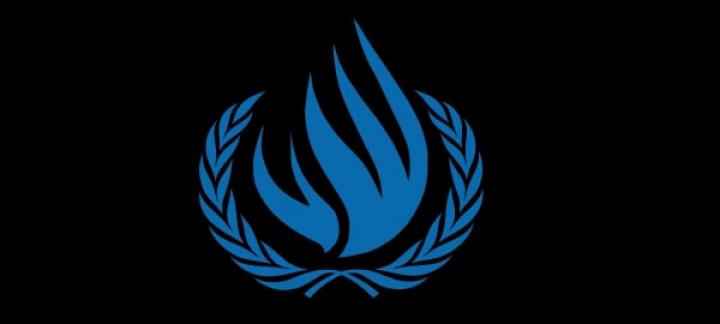17th June 2011, Geneva;The United Nations Human Rights Council, the world's preeminent institution mandated to promote and protect human rights around the world, today appointed Dr. Ahmed Shaheed, the former Minister of Foreign Affairs of the Maldives, as the UN Special Rapporteur on the Situation of Human Rights in Iran. The position is one of the most important and high-profile human rights posts in the UN system. The 47 Member States of the Council unanimously endorsed the appointment of Dr. Shaheed after he was selected from a list of candidates by the President of the Council. Speaking after the appointment, the Minister of Foreign Affairs Mr. Ahmed Naseem said: "Only five years ago, it would not have been inconceivable for the United Nations to establish a Special Rapporteur on the situation of human rights in the Maldives, such was the former government's poor human rights record. Today, a Maldivian has been elected Special Rapporteur on the situation of human rights in Iran, one of the most important human rights posts in the international system. This is, I think, indicative of the enormous strides we have taken over recent years and the high regard in which we are now held by the international community".
The United Nations decided to establish the mandate of the Special Rapporteur on the Human Rights Situation in Iran in March 2011 following a significant deterioration in the human rights situation in the country after the 2009 general election. A Report by the UN Secretary-General on human rights in Iran in September 2010 identified "excessive use of force, arbitrary arrests and detentions, unfair trials and possible torture and ill-treatment of opposition activists in relation to post-election unrest in 2009". Based on this and other reports, the Human Rights Council adopted Resolution 16/9 which established the post of Special Rapporteur on the Situation of Human Rights in Iran to monitor the human rights situation and work with all parties to improve human rights promotion and protection.
Following a global call for applications, Dr. Shaheed was unanimously selected by the UN Consultative Group on Special Procedure selection (made up of a cross-regional group of States) - a selection which was subsequently endorsed by the President of the Human Rights Council following consultations with all regional groups. The President's choice was then put to the full membership of the Council today for acclamation.
Resolution 16/9 calls upon "the Government of the Islamic Republic of Iran to cooperate fully with the Special Rapporteur and to permit access to visit the country as well as all information necessary to allow the fulfillment of the mandate". It requests Dr. Shaheed to report to the United Nations General Assembly in New York this coming September with his interim findings, and then to submit a full report to the Human Rights Council in Geneva in March 2012.
Special Rapporteurs are mechanisms established by the Human Rights Council to address either specific country or thematic issues in all parts of the world. Currently there are 8 country mandates. Special Rapporteur mandates usually call on mandate-holders to examine, monitor, advice and publicly report on human rights situations, including violations. Dr. Shaheed's appointment is the first-time a Maldivian has ever been appointed to hold a UN Special Rapporteur mandate. In 2010, a Maldivian - Judge Aisha Shujune Mohamed - was also appointed for the first time to a UN human rights Treaty Body: namely, the UN Subcommittee on the Prevention of Torture. Also in 2010, the Maldives was elected for the first time to a main body of the United Nations: the UN Human Rights Council, securing a record number of votes for any country in any election.
ENDS.


